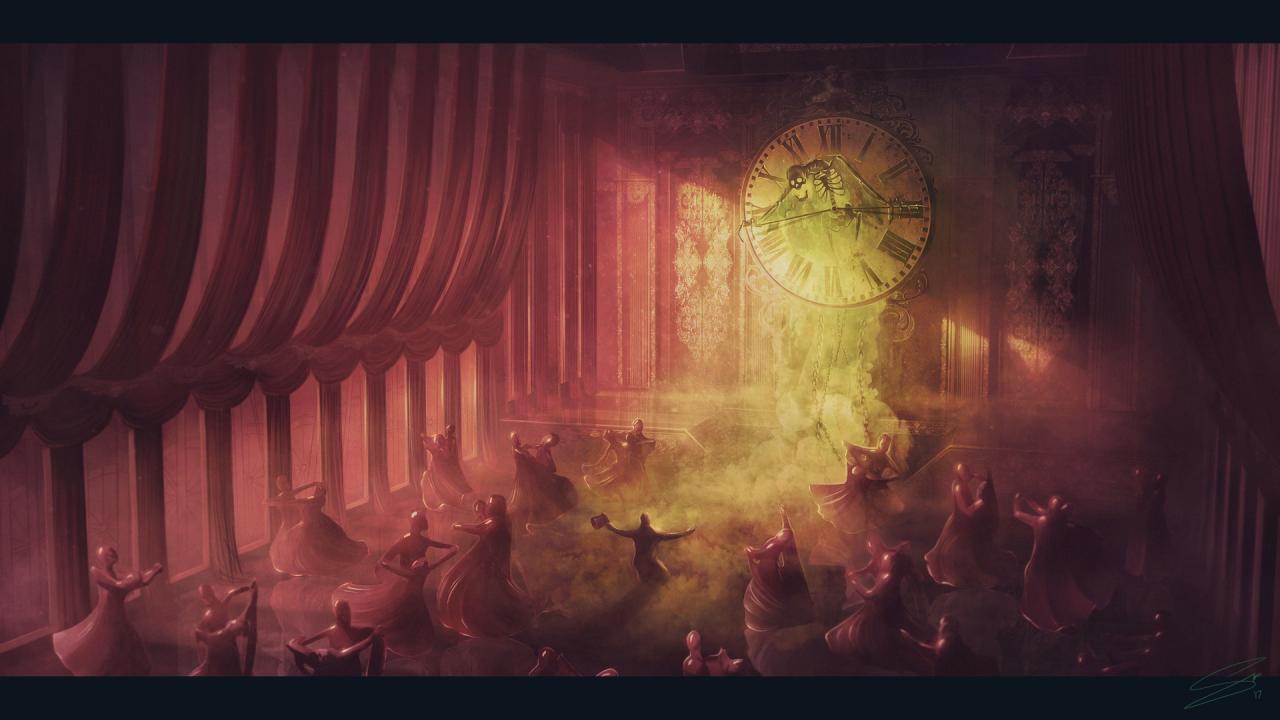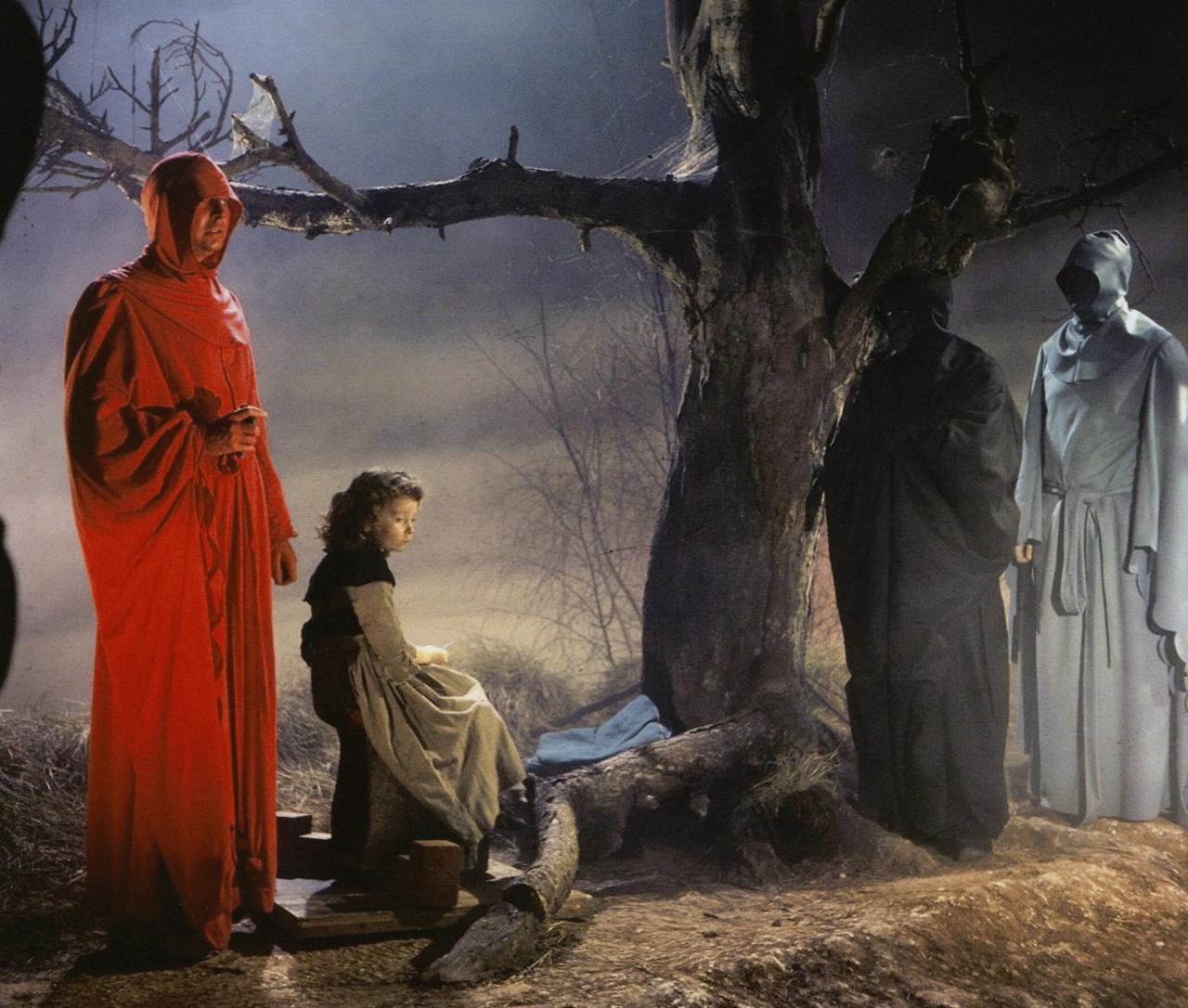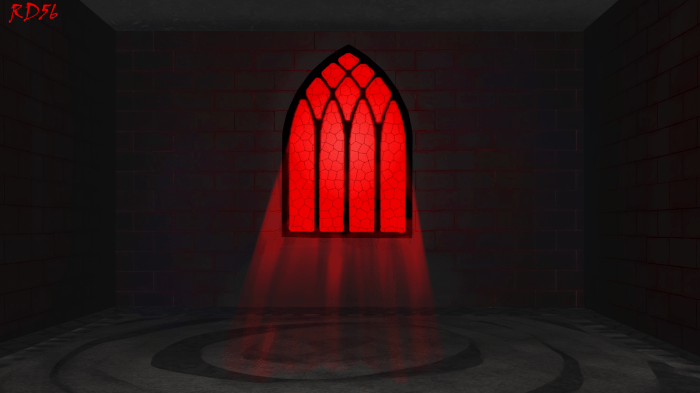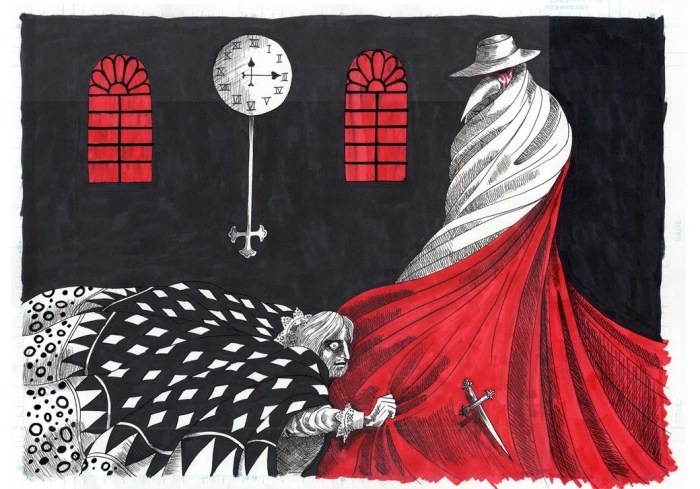The masque of the red death the clock – The Masque of the Red Death: The Clock, a haunting tale by Edgar Allan Poe, explores the inevitable march of time and mortality through the chilling symbolism of a mysterious clock. As the guests at Prince Prospero’s masquerade ball dance and revel, oblivious to the horrors lurking outside, the clock’s relentless ticking becomes a harbinger of impending doom.
This captivating narrative delves into the psychological and emotional impact of the clock’s presence, foreshadowing the arrival of the Red Death and contributing to the story’s overall message about the futility of逃避死亡.
Symbolism of the Clock: The Masque Of The Red Death The Clock

The clock in “The Masque of the Red Death” serves as a potent symbol of time and mortality. It is a constant reminder of the fleeting nature of life, ticking away relentlessly in the background of the revelry.
The clock’s presence is first mentioned as Prince Prospero seals himself and his guests away from the Red Death. The clock’s “minute-hand moves more quickly than the usual speed” (Poe, 1842), a subtle foreshadowing of the approaching doom.
Throughout the story, the clock’s chiming interrupts the revelry at regular intervals. Each chime sends a chill through the guests, reminding them of the time that is passing and the inevitable approach of death.
The Clock’s Effect on the Guests, The masque of the red death the clock
The clock’s presence has a profound psychological and emotional impact on the guests. It creates a sense of anxiety and unease, as they are constantly aware of the time slipping away.
The guests attempt to escape the clock’s influence by engaging in frivolous activities and avoiding any mention of death. However, the clock’s chiming persists, a constant reminder of the mortality they are trying to ignore.
The Clock’s Role in the Masquerade
The clock becomes an integral part of the masquerade. Its chiming marks the progress of the revelry and provides a sense of rhythm to the dance.
The irony lies in the fact that the guests are using the clock to mark the passage of time while simultaneously trying to escape its implications. The clock becomes a symbol of both their celebration of life and their denial of death.
The Clock as a Foreshadowing Device
The clock foreshadows the arrival of the Red Death in several ways. Its chiming grows louder and more insistent as the night progresses, creating a sense of suspense and dread.
The clock’s final chime coincides with the arrival of the Red Death, a moment that is both terrifying and inevitable. The clock’s presence throughout the story serves as a constant reminder of the impending doom that awaits the guests.
The Clock and the Ending of the Story
The clock’s final appearance in the story occurs as the Red Death claims its last victim, Prince Prospero. The clock stops at midnight, symbolizing the end of time for the prince and his guests.
The clock’s silence represents the triumph of death over life. It is a final and poignant reminder of the futility of trying to escape the inevitable.
Essential Questionnaire
What is the significance of the clock in The Masque of the Red Death?
The clock symbolizes the relentless passage of time and the inevitability of death, serving as a constant reminder of mortality amidst the revelry.
How does the clock affect the guests’ behavior?
The clock’s presence creates a sense of unease and anxiety among the guests, as they become increasingly aware of the fleeting nature of their existence.
What is the irony behind the clock’s connection to the masquerade?
The irony lies in the guests’ attempts to escape time and mortality through the masquerade, while the clock’s presence serves as a constant reminder of their impending demise.


